Contributor to growth
In promoting the building of a community with a shared future for mankind, China matches its words with deeds.
Since China embarked on reform and opening-up in 1978, it has made tremendous contributions to world peace and development through its own growth. The nation's contribution to global economic growth averaged 24.8 percent from 1979 to 2023, ranking top in the world, according to the National Bureau of Statistics.
China has become the world's largest manufacturer, the largest country in terms of trade in goods, and the largest holder of foreign exchange reserves. The Chinese economy's stable and sound development adds a welcome element of certainty to an uncertain global economic environment.
David Morris, founder and president of 1Earth Village, a consultancy platform, said that each generation deals with big changes, but the world is currently experiencing a storm of seismic disruptions in the balance of power, a technological transformation and a climate crisis.
"China is central to each of these, and how China manages its own internal challenges will affect not only the people of China, but also the rest of the world," Morris said.
The burgeoning Belt and Road Initiative, which was launched in 2013 to promote the building of a community with a shared future for mankind, has shown how China translates its words into deeds and how the concept helps change the world.
A series of landmark Belt and Road projects have come to fruition. Among them, the China-Europe Railway Express comprises a network of rail lines spanning Europe and Asia, with 86 operational routes running to over 200 cities in 25 European countries.
The China-Laos Railway helps the Lao people realize their dream of turning their landlocked nation into a land-linked one, opening up a new route to development and prosperity.
The Port of Piraeus in Greece, which increased its annual cargo throughput to more than 5 million TEUs, has become Europe's fourth-largest container port and a leading one in the Mediterranean Sea.
From 2013 to 2023, the BRI has galvanized nearly $1 trillion of investment, established more than 3,000 cooperation projects, created 420,000 local jobs, and helped lift almost 40 million people out of poverty, according to the Foreign Ministry.
The Belt and Road projects have demonstrated how effective cooperation can transform the concept of building a community with a shared future for mankind into a practical reality, Almas Chukin, a prominent Kazakh economist, was quoted by Xinhua News Agency as saying.
Bearing in mind that no person or country can thrive in isolation, China has been championing an open economy and promoting more balanced, inclusive and sustainable growth, thus enabling the world to share in its development opportunities.
The establishment of free trade zones marks a milestone in China's opening-up. Since the inauguration of China's first pilot free trade zone in Shanghai in 2013, the number has expanded to 22.
Through institutional innovations such as decoupling business licenses from operation permits, mutual recognition of qualifications, and one-stop service counters, these zones have made significant strides in simplifying administrative procedures, improving the business environment, enhancing customs efficiency, and invigorating enterprise activities.
The China International Import Expo, as the world's first import-themed exhibition, represents another major breakthrough in China's path of opening-up, marking a significant innovation in global economic openness.
Since its inaugural event in Shanghai in 2018, the CIIE has successfully hosted six editions. The sixth CIIE in November 2023 attracted 3,486 companies from 128 countries and regions, with the value of intended deals exceeding $78.4 billion. Compared with previous expos, the CIIE not only highlights advanced technologies and products, but also provides a rare opportunity for less developed countries to access international markets.
The Resolution of the Central Committee of the Communist Party of China on Further Deepening Reform Comprehensively to Advance Chinese Modernization, adopted at the third plenary session of the 20th CPC Central Committee in July, has made it clear that "opening-up is a defining feature of Chinese modernization".
"We must remain committed to the basic State policy of opening to the outside world and continue to promote reform through opening-up. Leveraging the strengths of China's enormous market, we will enhance our capacity for opening-up while expanding international cooperation and develop new institutions for a higher-standard open economy," the resolution said.
Analysts said that China's journey from a planned economy to a market economy through market-oriented reforms has been of immense significance not only for China itself but also offers valuable experiences for other countries.
The Chinese path toward modernization is not just about developing itself but also about benefiting the world at large, said Yu Yunquan, a senior research fellow at the Academy of Contemporary China and World Studies.
"The goal of the Chinese path to modernization is not monolithic, but multifaceted, including China's peaceful development, creating opportunities for the world, common prosperity and win-win cooperation," Yu said.












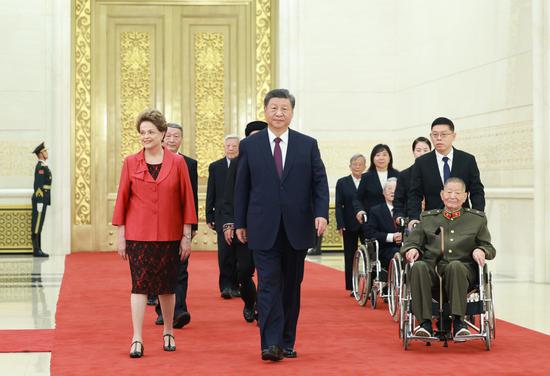

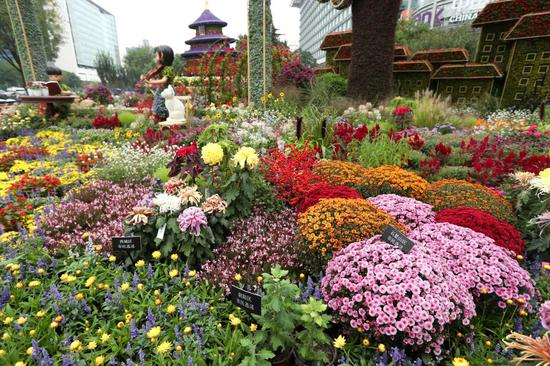


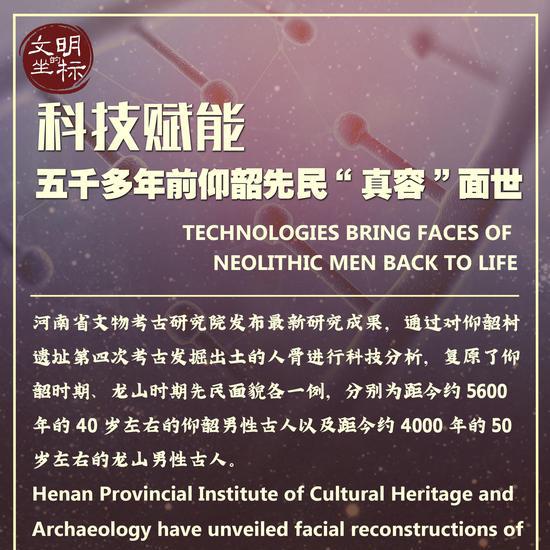
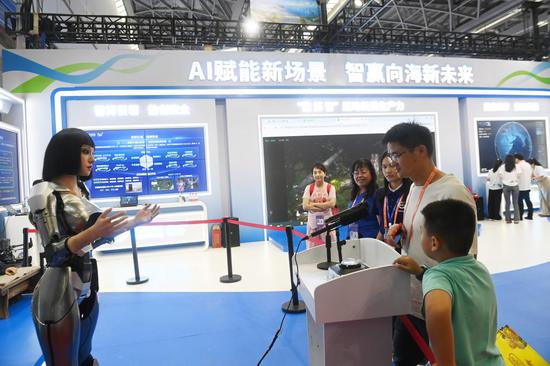
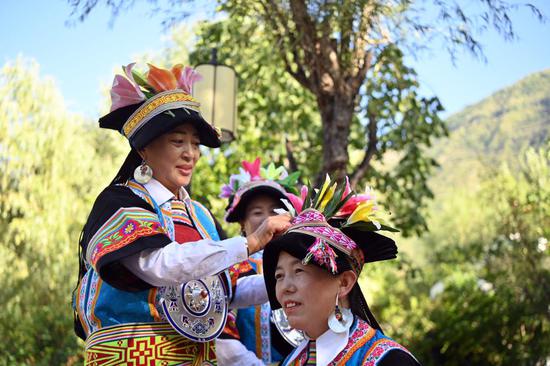

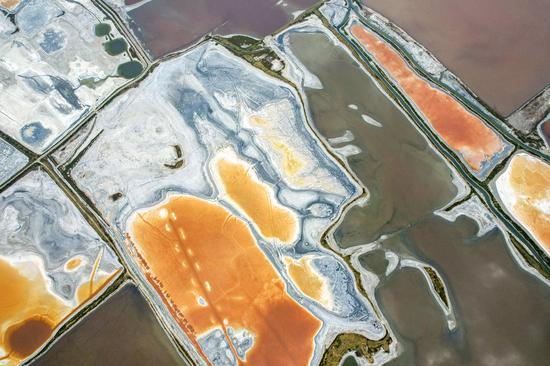
















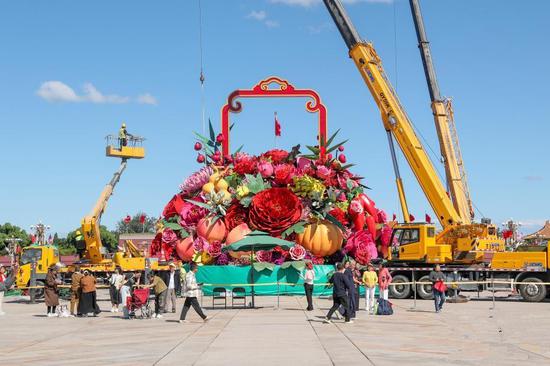



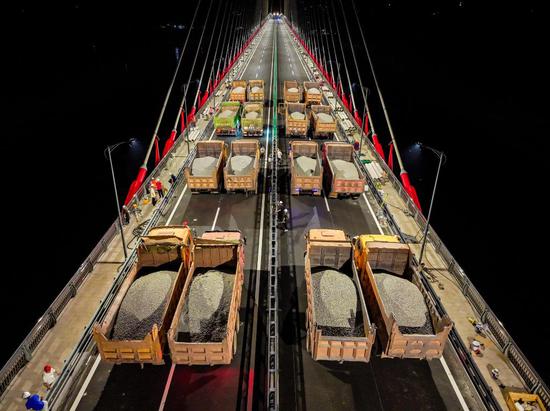
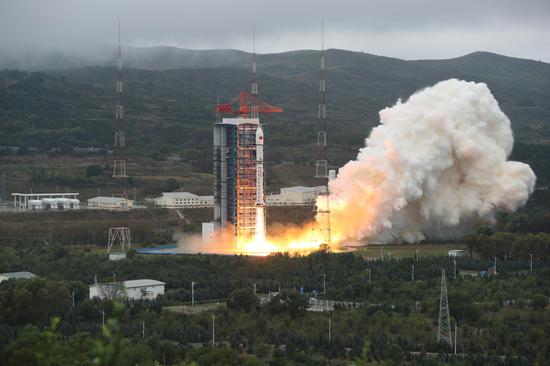
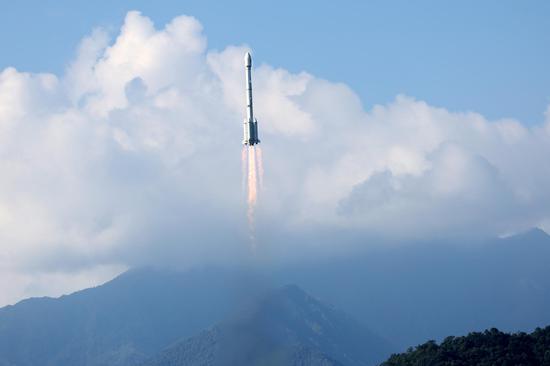





 京公网安备 11010202009201号
京公网安备 11010202009201号